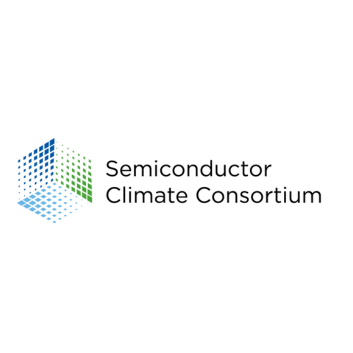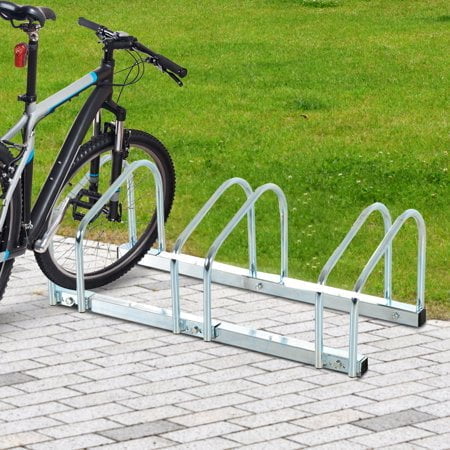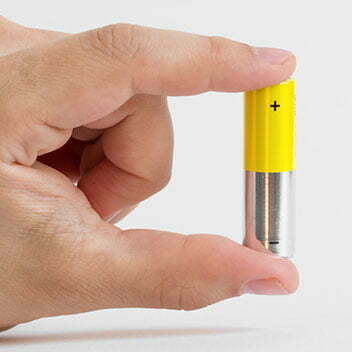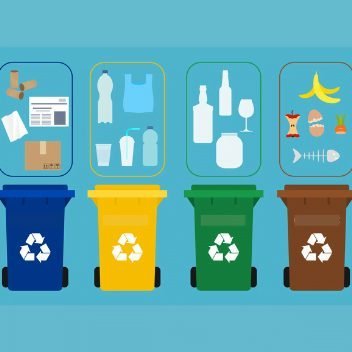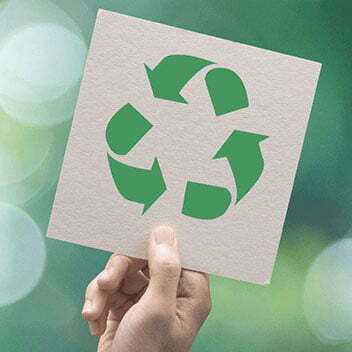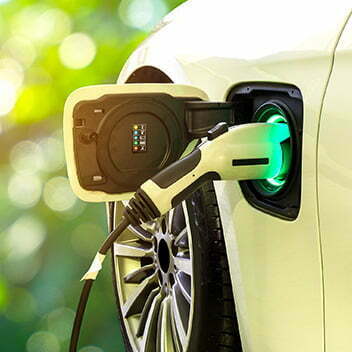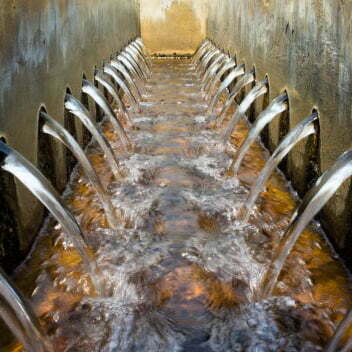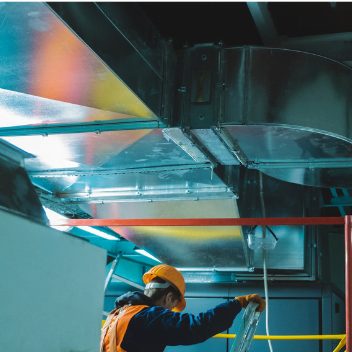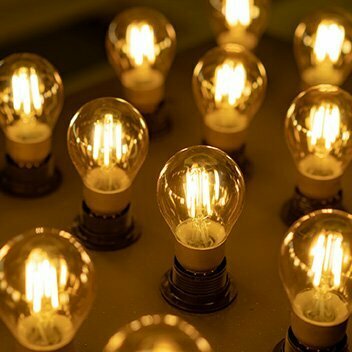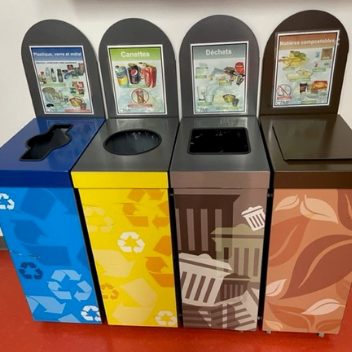As a member of the Semiconductor Climate Consortium, we recognize the challenges of climate change and the role our industry can play in reducing greenhouse gas (GHG) emissions in our own operations, in our value chains and in other industries through the technologies we implement. C2MI membership is part of an international collaboratives effort that has the potential to make a difference in GHG reduction.
Addition of a bike rack. To accommodate workers who choose alternative transportation ways, showers and bike racks are available as well as a public dual charging station for electric vehicles (1 station, 2 pistols).
We agreed to reduce the mowing areas in favor of natural biodiversity. This reduction will have allowed :
- Promote biological diversity by creating habitats, feeding and breeding grounds;
- Allow flora to complete their germination cycle and benefit pollinators;
- Enhance ecosystem resilience, especially in the face of climate change;
- Improve stormwater retention in the soil;
- Combat ragweed proliferation through competition between plants;
- Reduce air pollutants and greenhouse gases emitted by mowing equipment.
- The addition of a flower bed of 100 m2 composed of melliferous flowers
We removed all single-use materials in the cafeteria such as; plastic utensils (3,600 forks, 3,600 spoons, 3,600 knives per year), milk cups (24,500 Per year), cardboard cups (24,500 per year), Styrofoam dish (1,470 per year), plastic straws and stirrers (6,000 coffee stirrers + 6,000 straws per year), water bottles (3,600 per year).
We encouraged people to use the sorting stations rather than the office garbage cans. It was through the removal of the office garbage cans that we were able to encourage people to go to the sorting stations and sort the contents of their garbage cans. Nearly 691 lbs of recyclable materials were recovered.
Green stationery promotes the reuse of office materials Annually, a computer equipment collection activity is organized in order to make employees aware of the proper management of electronic waste. Nearly 691 lbs of recyclable materials were recovered. We make sure to use only 100% recycled fiber paper.
Bromont Science Park is serviced by trails and multi-purpose paths allowing employees to walk or bike to work. To accommodate workers who choose alternative transportation ways, showers and bike racks are available as well as a public dual charging station for electric vehicles (1 station, 2 pistols). Charging stations for electric vehicles are offered free of charge to C2MI employees.
The manufacturing of microelectronic products requires an important volume of water, which must be ultra-pure. Before being used for production, the drinking water that arrives at C2MI goes through a series of filters, softeners, and reverse osmosis to deionize it. We have implemented a closed-loop deionized water recovery process that reduces the demand for drinking water by 30%, representing an annual saving of 53,610 liters.
The water recovery project consisted of targeting process water discharges that could be re-filtered by our facilities and reused in the processes. Control measures ensure that the reclaimed water meets the required parameters such as conductivity. If not, it is directed to water treatment.
To reduce energy costs, C2MI has implemented a global energy efficiency plan. As a result, a significant reduction in annual energy needs through the optimization of HVAC systems has resulted in annual savings of more than $2,000K. C2MI was able to reduce its annual natural gas consumption by 408,870 m3 and its electricity consumption by 1,623,828 kWh.
Replacement of 4435 standard fluorescent tubes by LED tubes, which allowed a 44% reduction in energy consumption related to the lighting of the infrastructure.
In collaboration with our founding partner IBM Bromont, sorting stations have been set up to sort recyclable materials, compost, glass, plastic, metal and final waste.

